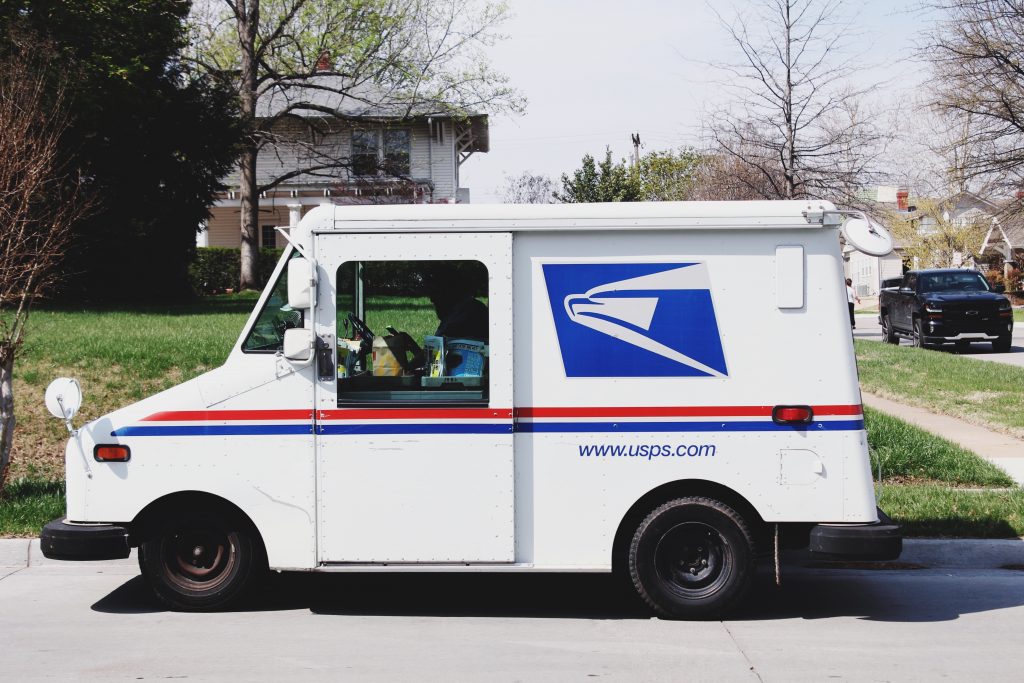Imagine a world without the postal service. It may not seem so bad initially, but when you look closer, you will see that many things you once took for granted have vanished. Things like postcards from Grandma, easy access to your absentee ballot while at school. It may seem ridiculous to propose that this could be a reality, but we are not too far off.
Even in our digital world, countless Americans rely on the postal service. Though it might seem like everything is done online, there are still those without reliable access to the Internet who depend on the mail to receive information like bills. If the postal service that we know now were to disappear, thousands would struggle to operate without it.
The United States Postal service has been struggling financially for a long time, but that is not their fault. In response to this, many have begun campaigns to buy stamps in bulk, or even order merch from the postal service’s website. Could these efforts save a cornerstone of the United States, or is it too far gone?
One of the first misunderstandings that has led to where the post office is today is the very understanding of the purpose and management of the USPS. When the post office was established, its main intention was to disperse information across our expansive nation. From letters to periodicals, it served as a communication system that was, and continues to be, vital to the operation of our country.
To preserve this, the United States government has historically covered for the USPS financially – no matter how great the deficit. For hundreds of years, the USPS has been supported by the government with no question due to the essential function it serves for Americans.
Now in the face of potential collapse, though, the USPS has been left to fend for itself. Some believe that salvation for the post office may lie in privatization, but this again goes against the very foundation of what the USPS has been designed to do.
The post office has always been an invaluable asset to the American public, but perhaps even more so this election cycle. As COVID-19 progresses, concerns about in-person voting continue to rise. Many voters will elect to vote by mail in lieu of their typical polling center in order to avoid large gatherings. This will create even more traffic in the already under-funded postal service, which could lead to delays or other mistakes.
The postal service is not built to be run like a business in the traditional sense, but instead, to serve the American public. Because of this, it should not be expected to turn a profit like a private business but should instead be protected and funded by the government.
So, what can we do about it? Should citizens continue to buy stamps and merchandise or increase their mail flow in effort to sustain the post office? While these efforts are valiant and honorable to say the least, ultimately, the post office needs more support than any citizens could give it. The office needs federal support to continue to run at the level that it has for so many years.
According to CNN, President Trump has stated that mail in votes could be illegitimate due to Democratic
voter fraud. “They want three and a half billion dollars for something that’ll turn out to be fraudulent,” said Trump according to CNN. “That’s election money basically. They want three and a half billion dollars for the mail-in votes.”
It seems that this belief gives the Trump administration further incentive to allow the USPS to fail financially – if they were to get adequate funding to aptly handle the influx of mail-in votes, they would be complicit in rigging the election.
It should not be up to the American public to “save” an institution that is integral to their way of life.
Instead, it should be protected by the very government that relies on the office. As Richard R John, a writer at the Washington Post, says, “The Founders intended the Postal Service to be a pillar of the republic, binding together millions of Americans, urban and rural, for the common good.”
The USPS is a necessary and integral part of life in the United States and should be prioritized as such – both by citizens and federal funding.
Sources: Washington Post, CNN

